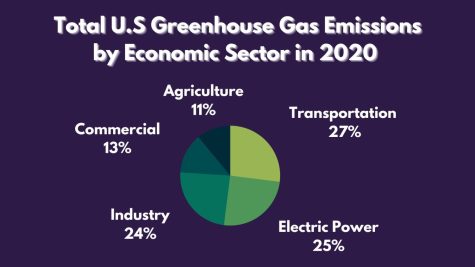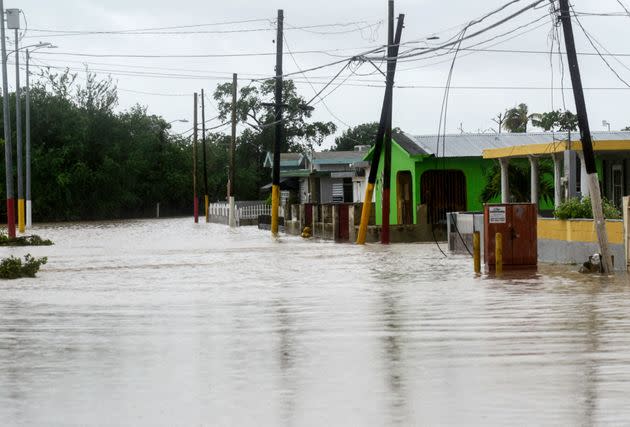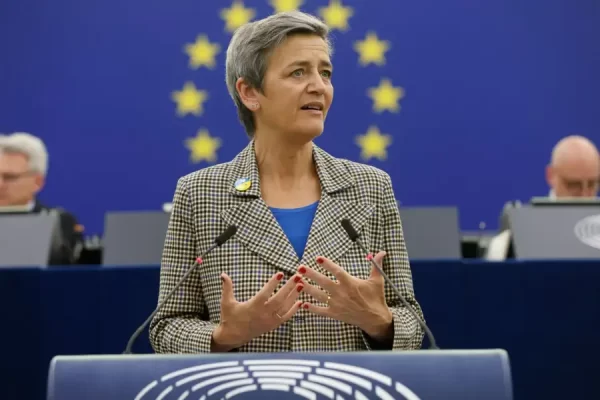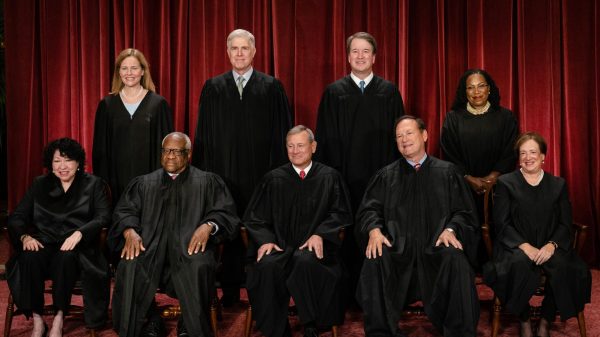Hurricane Fiona raises climate concerns
This past week, Climate Week NYC 2022, marked its fourteenth year as the biggest global climate event on Earth. In collaboration with the United Nations (UN) General Assembly and world leaders, Climate Week is a platform to promote efforts to fight the impacts of climate change.
As Climate Week passed by, Hurricane Fiona – the first major hurricane of the 2022 Atlantic hurricane season, stirred toward Bermuda. In the week of September 18, Fiona killed at least eight and knocked out power for virtually all of Puerto Rico’s 3.3 million people during a scorching heat wave.
While scientists are still discovering whether climate change directly caused Hurricane Fiona’s behavior, there has been research that suggests that storms like Fiona are becoming more impactful as global warming is rising.
According to an article by Reuters, “Climate change is making hurricanes wetter, windier and altogether more intense.”
Scientists found that man-made greenhouse gas emissions are trapping within the ocean, leading to a rise in sea surface temperatures. Because warm sea surface temperatures fuel hurricanes, they gain more energy, causing them to have a stronger impact on the locations they hit.

NOAA via Getty Images
A report published by the Intergovernmental Panel on Climate Change (IPCC) finds that 65% of our global greenhouse gas emissions come from carbon dioxide. Atmospheric carbon dioxide comes mainly from natural and human-made sources.
According to the U.S Environmental Protection Agency, the majority of human-made carbon emissions sprout from transportation (27%), electric power (25%), industry (24%), commercial/residential (13%), and agriculture (11%).

via U.S Environmental Protection Agency (EPA)
A global report by the World Meteorological Organization finds that we are at least one degree Celsius above pre-industrial temperature levels, on the edge of what scientists are warning as “an irreversible risk.”
According to the International Monetary Fund, “annual global greenhouse gas emissions rebounded 6.4% last year to a new record, eclipsing the pre-pandemic peak as global economic activity resumed.”
As greenhouse gas emissions increase, scientists predict patterns of environmental disasters such as Fiona to show more aggression.
However, some leaders across the globe believe there is still a way to take action. As United Nations Secretary-General António Guterres said, “the climate emergency is a race we are losing, but it is a race we can win.”
A special report by the IPCC shows that greenhouse-gas emissions must be reduced by half by 2030 and to net zero by 2050 to avoid the “worst threats of climate change”.
According to the UN ActNow campaign, raising awareness on the environment is “one of the quickest and most effective ways to make a difference.”
Effective ways of raising awareness include local group efforts, such as street clean-ups. The UN Environmental Program suggests that when citizens see just how much waste is deposited, they are often inspired to reduce their reliance on single-use items, and, more importantly, “spread the word to others”
On Saturday, September 24, IHS Executive Student Council and National Honor Society organized a Street Clean Up, where volunteers of each respective organization gathered littered trash from sidewalks around Independence Parkway.

Photo courtesy of Nameer Khan
“The street cleanup showed that there was a lot of trash in the area which is something I never noticed when driving around,” said Nameer Khan, IHS Student Council Executive Liaison. “I feel like it made not only some of the volunteers more aware but maybe also the people driving by us to be more mindful of all the trash and their surroundings.”
Visit the National Resources Defense Council to find more information on how you can act locally to fight climate change.






